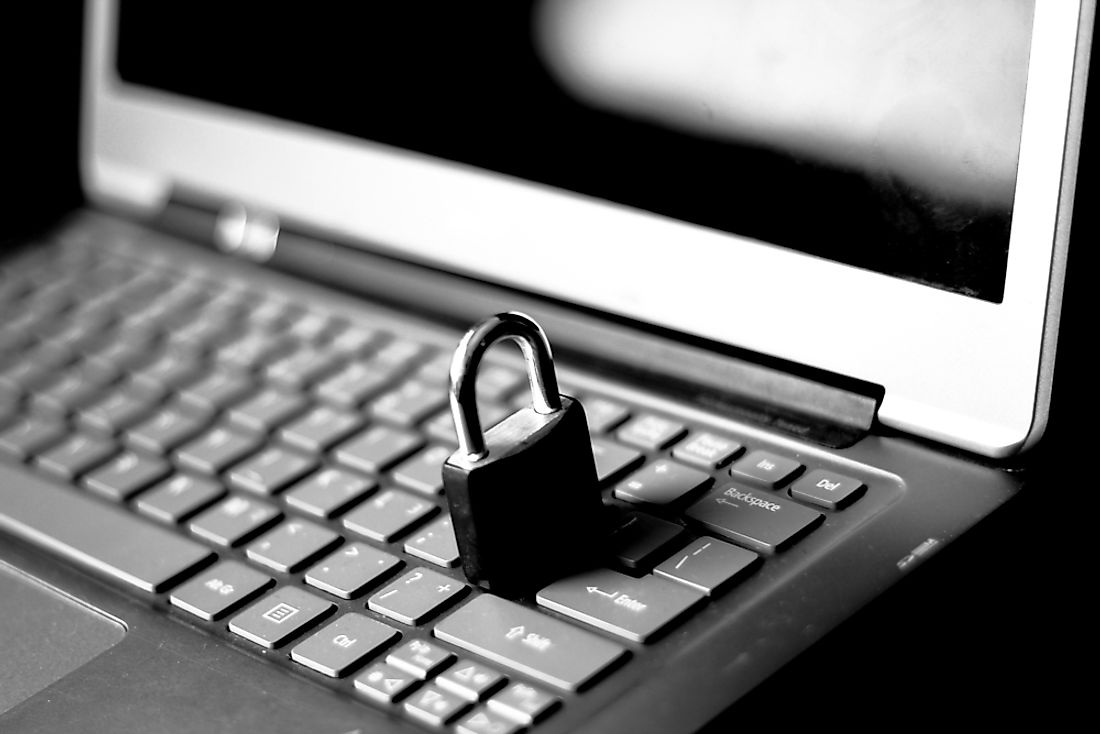Are There Countries Without Internet Access?

In the 21st century, it could be assumed that internet accessibility is a basic necessity found in each corner of this world. However, this is not the case. These 13 countries have limited or no access to the internet.
Belarus
In 2006, 2007 and 2008, Belarus was listed as an “Internet enemy” by Reporters Without Borders (RWB). The government of Belarus uses second and third generation controls to manage Belarus’ national information space. Before 2006, most places in Belarus did not have access to broadband internet of any kind. Today, Minsk, the capital of Belarus, is the most connected place in the country with internet access in rural areas being limited.
Burma
Myanmar, formerly known as Burma, has had internet access since the beginning of 2000. However, there was a lot of censorship courtesy of the military government which significantly reduced in September 2011. Still today, only around 1% of the population of Myanmar is on the internet. Outside of the city centers, internet access in Myanmar is extremely cost-prohibitive.
China
China has the largest number of internet users in the world. However, China’s internet censorship is extreme, with the government implementing more than 60 internet regulations. Authorities monitor internet access of individuals and block website content. Popular sites such as Google are blocked in China.
Cuba
Internet was introduced to Cuba in the late 90s but stagnated for various reasons, including lack of funding and tight government restraints. There however still is extensive censorship with the government tightly controlling the internet. Currently, less than half of the country's population has access to the internet. Notably, it is not possible to use mobile internet in the country.
Egypt
Under the rule of Hosni Mubarak, the internet is Egypt was rated as being "partly free". When protest began on 25th January 2011, Twitter and Facebook were blocked, and two days later reports claimed that accessibility to the internet had been shut down. In 2017, 62 websites were banned.
Iran
The Iranian government is known to use speed throttling to frustrate users and limit their communications. This can be seen in days to elections and whenever there is some political upheaval like the Arab spring. As of now, only about half of the population of Iran has some kind of internet connection. The majority of these connections are in urban centers.
North Korea
Although the internet is available in North Korea, it is strictly limited. Permission is with special authorization, mainly for government reasons. Access to the global internet is limited to a smaller group.
Saudi Arabia
In Saudi Arabia, some websites are blocked. Access to Wikipedia and Google Translate was also blocked in 2006 since people were using them to bypass filters that the government had placed. Saudi Arabia's internet access has been called expensive and of low quality.
Syria
Syria has banned various websites for political reasons besides arresting people that access them. Internet connectivity was shut down late in November 2011, then ten times in 2013 and 2014.
Tunisia
The internet was formerly censored in Tunisia, but after the ousting of President Zine Ben Ali, censorship reduced significantly. The new government also removed filters on social networking sites.
Turkmenistan
The press and communication system of Turkmenistan is state-controlled. The telecom market remains very small, although the country began accessing internet in 1997.
Uzbekistan
Uzbekistan first had its internet towards the end of 1995, but the growth has been slow. Besides, there are heavy restrictions and strict controls. There are approximately 9 million people in Uzbekistan who are connected to the internet, out of the country's total population of 32 million.
Vietnam
Vietnamese internet accessibility is blocked by the government, especially to sites that are critical to the government. Information about overseas political opposition, religious topics or human rights is also blocked.











